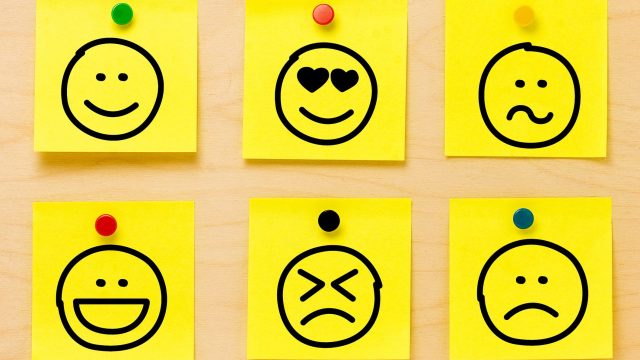
When diversity can result in miscommunication in teams
Originally posted on The Horizons Tracker.
A recent study1 co-authored by a researcher from the University at Buffalo reveals that failing to effectively communicate during problem-solving may actually have advantages for groups lacking in diversity. The impact of miscommunication on the search for a solution is heavily influenced by team dynamics and other contextual factors.
This counterintuitive finding may prompt one to reread the previous sentence in disbelief: How could a hindrance to communication, such as miscommunication, potentially aid in problem-solving?
“Miscommunication creates diversity by presenting opportunities for people to better explore the available search space when actively engaged in problem-solving,” the researchers explain.
Internal structure
The researchers found, however, that the internal structure of the team makes a key difference when miscommunication is introduced into the team, and whether it has a positive or negative impact.
“When we work in groups, communication is crucial. Sometimes we randomly make a communication error, but sometimes miscommunication stems from the group diversity,” they explain. “When miscommunication occurs, it is how we’ve organized ourselves that matters.”
The researchers examined the model of diversity2 created by Scott Page, which showed that diverse groups often outperform uniform groups, even if the uniform groups have higher ability.
“Higher-ability groups tend to think about a problem in the same way when making predictions or finding solutions,” the researchers explain. “They end up exploring the same spots. Diverse groups collectively are able to explore more options, increasing the chance of bigger successes.”
Misunderstandings
Diversity can indeed produce great results, but the Buffalo researchers remind us that it can also create the potential for misunderstanding among teams. They built a new model that examined the various ways in which misunderstandings can emerge, before creating questions with various real-life applications that emerge in cooperative environments.
The researchers added to the structure developed by Page to scrutinize the potential of diversity across various kinds of team structures, which they explain is an area that Page largely overlooked.
“The additional structure allowed us to look at different ways groups can work together, and demonstrate how some miscommunication can make errors worse, while other examples of miscommunication can diminish the harm that might come from those errors,” they explain.
Context is key
The results show that the institutional context is actually crucial to the success, or otherwise, of diverse teams.
“What we found is that how we organize groups matters a great deal when we’re evaluating the benefits of diversity—especially when we can miscommunicate,” the researchers explain.
The paper employs a research model comprising nine agents collaborating in subgroups or independently to tackle the challenge of navigating through rugged terrain toward a predetermined objective. The various modes of interaction are designed to simulate distinct institutional frameworks, encompassing diverse regulations and protocols that could foster cooperative efforts.
“Think of how a firm organizes teams that are working toward a goal, or how a science lab structures its work,” the authors conclude. “This helps explain and can start us thinking about how certain institutions are better at handling mistakes.
Article source: When Diversity Can Result In Miscommunication In Teams.
Header image source: iStock.
References:
- Hankins, K., Muldoon, R., & Schaefer, A. (2023). Does (mis) communication mitigate the upshot of diversity?. Plos one, 18(3), e0283248. ↩
- Hong, L., & Page, S. E. (2004). Groups of diverse problem solvers can outperform groups of high-ability problem solvers. Proceedings of the National Academy of Sciences, 101(46), 16385-16389. ↩






